
A Deputy Minister of Finance Mr Kwaku Kwarteng, has underscored the need for Ghana to move towards standardising projects.
He said seeing similar projects procured by different procurement entities with varied prices implied that some procurements were better in terms of value for money than others.
Mr. Kwarteng who was speaking at an executive breakfast meeting, hosted by the Chartered Institute of Procurement and Supply (CIPS) on the theme: 'Building a global procurement centre of excellence', stated that the way to correct the situation was for a proper study to be carried and to declare the price specifications for the particular projects and associate that with quality assurance mechanisms.
Among the key objectives of the meeting was to meet top policy makers in Ghana to introduce and expose them to global concepts, trends and evolution of procurement.
He explained that in the end we could be sure that procurement entities did not have the freedom to procure at any price they wish and hopefully that should address some of the value for money concerns.
The deputy minister noted that with regards to public procurement, there was a certain excuse that entities do not get paid early after supplying to the government and, therefore, up the price to cater for inflation.
He indicated that it was government's responsibility to ensure that "we only procure projects and goods and services for which we have money".
Mr. Kwarteng said this would help the process of cleaning up the public finance management environment.
Mr Sam Achampong, the Regional Head of Middle East, North and West Africa of the CIPS said it was absolutely crucial that people who spend public funds have the relevant qualification profiles and mandate to do so.
This he said would ensure that procurement professionals had the appropriate qualification to manage their function properly and optimise the use of resources.
He said licensing professionals would imply that there would be consequences to serve as deterrent to poor performance and unethical practices, as this had massive exponential effect on society.
Mr. Achampong noted that in as much as the licensure would also help fight against corruption, the reputation of procurement was actually key to attracting foreign investments.
Mrs Stella Addo, the Country Manager of CIPS, Ghana, noted that procurement in Ghana had gradually come to the limelight, and was gradually being understood, accepted, and recognised as a strategic function than the traditional tactical role of just preparation of tender documents and award of contracts.
She said the adaptation of modernised procurement systems and pursuance to new trends in procurement would go a long way to assist the country's procurement agenda.
"Also, when proper supervision is conducted, procurement activities will shift from its perceived corrupt nature to become efficient and effective in Ghana," she added.
In another development CIPS has elected new executives to spearhead the affairs of the institute for the next three years.
The five-member CIPS Ghana executives include Mr Paa Kwesi Crentsil, Chairman; Madam Victoria Adzo, Vice Chairperson; Mr Raymond Hedidor, Secretary; Mr Daniel Kweku Duodu-Danso, Communication Officer and Mr Mark Ofori Afayori, Education Officer.
CIPS is dedicated to promoting best practice and provides a programme of continuous improvement in professional standards, raising awareness of the contribution purchasing and supply makes to corporate, national and international prosperity.
Read Full Story
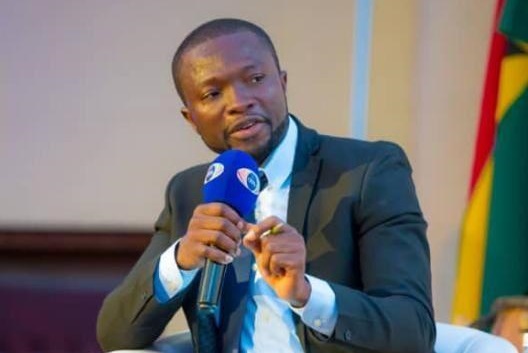
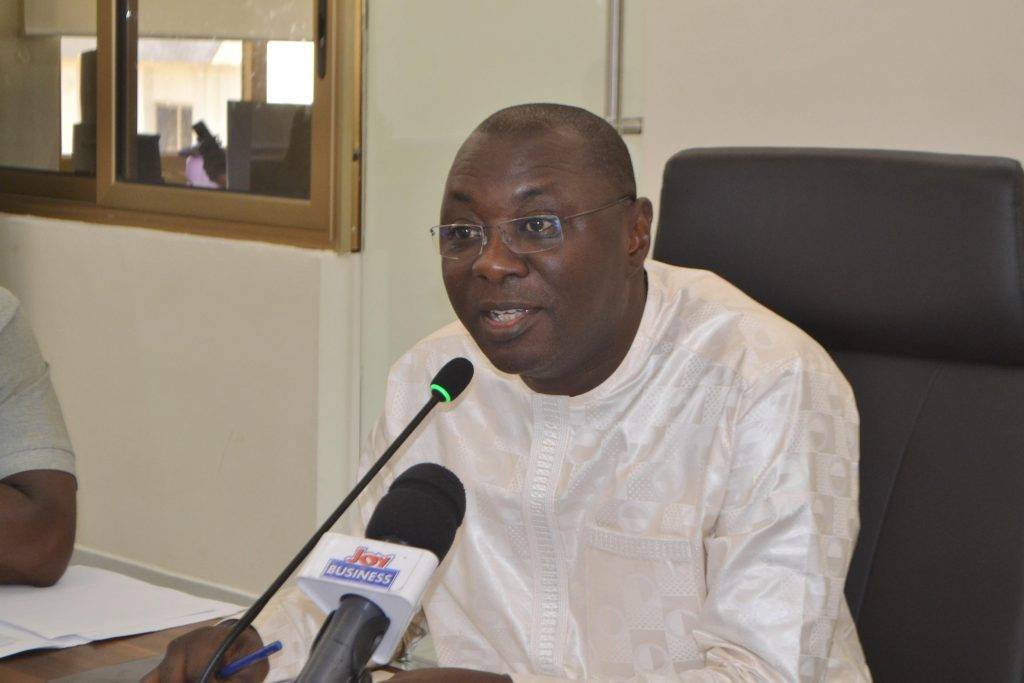
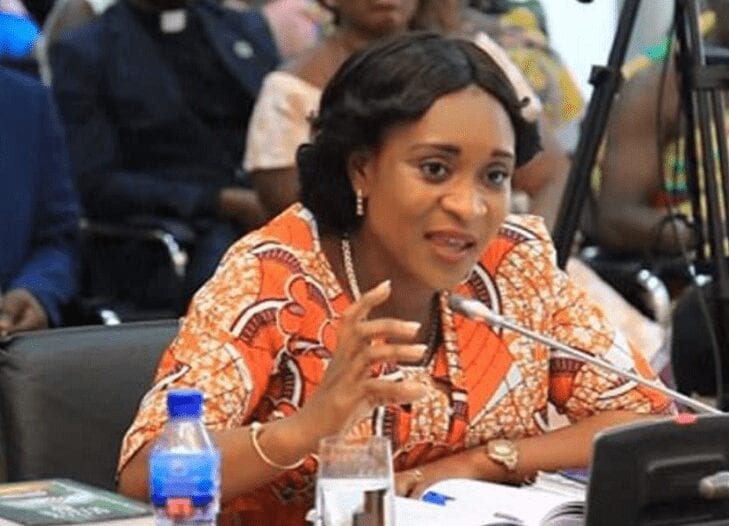







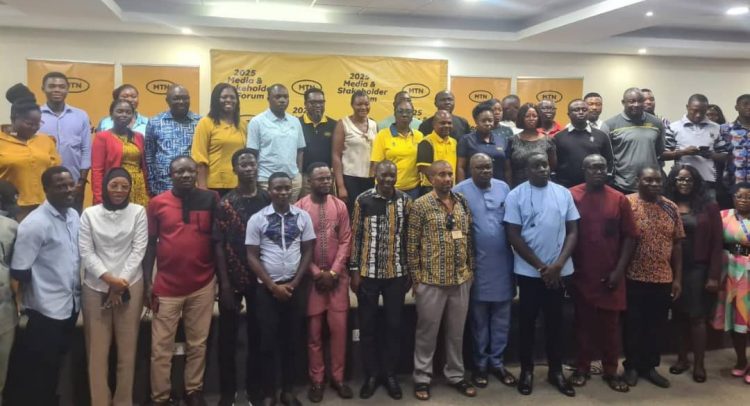
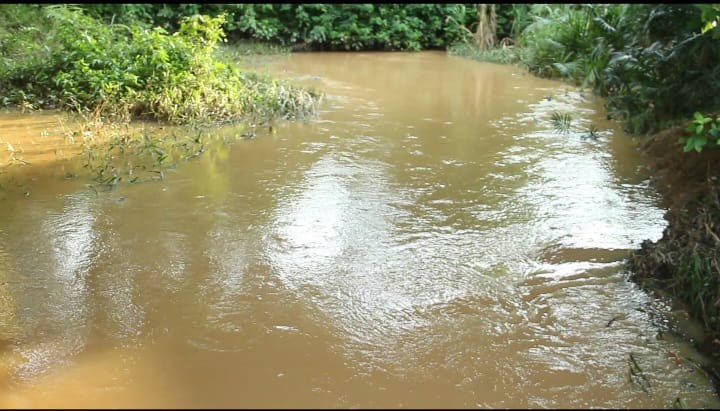
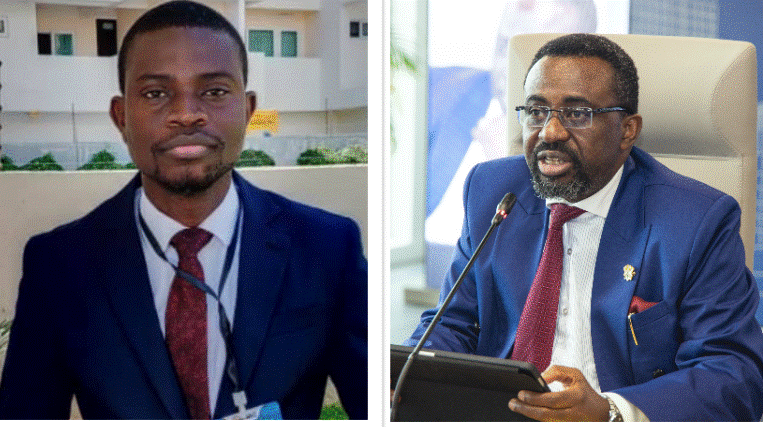



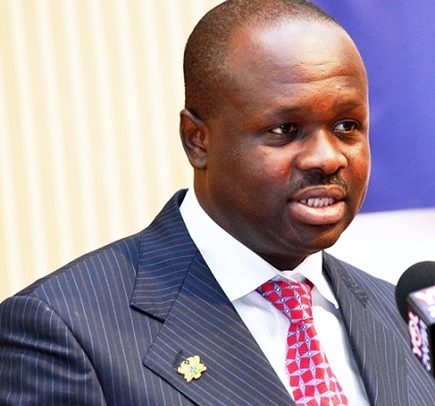



Facebook
Twitter
Pinterest
Instagram
Google+
YouTube
LinkedIn
RSS